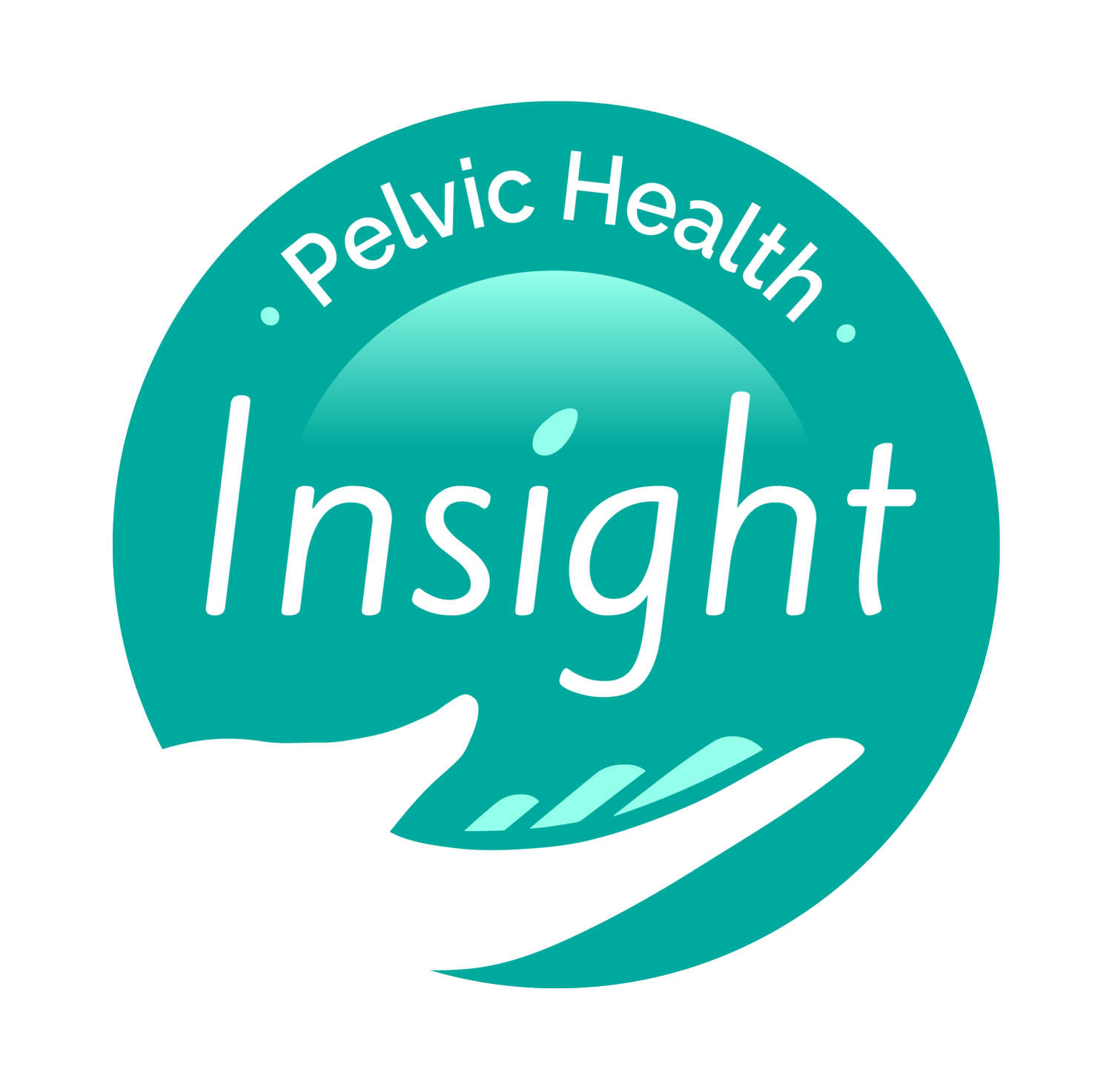Do you have a hard time sleeping? Do you have a vagina?
I have been writing a lot about what happens during the postpartum period. This is mainly because I am currently in the postpartum period myself and because a lot of my clients are newly postpartum. However, recently I have been having more clients who are perimenopause.
Did you know there are a lot of similarities between newly postpartum (the first few years after having a baby) and perimenopause?
Did you also know that perimenopause can start in your late 30’s?
The main reason perimenopause and the first few postpartum years are similar is because of hormones. During pregnancy and postpartum, your hormones change which cause changes in your body.
This is also true for perimenopause. Perimenopause is considered the time before menopause. Menopause is when you no longer have your period for 12 consecutive months. The average age of menopause is 51.
Perimenopause can be anywhere from 2-10 years, however most western medical professionals say that it is just one or two years right before you enter menopause.
Similar to the first few postpartum years, perimenopause is a transition time. It is a time when hormones are shifting and changing. Like the first few years after having a baby, perimenopause is not a time of your hormones being stable. Your body is finding its new equilibrium.
Progesterone is a hormone that can be low during both perimenopause and immediately postpartum. Progesterone is good for quality sleep, a state of calmness, and to decrease the amount of pain you feel. If this is low, it can affect your sleep, increase anxiety, and increase pain.
Estrogen can also be low during both times in a in a person’s life. Estrogen is good for tissue lubrication (this includes your joints and vagina), tissue elasticity (this means how well your ligaments hold up your organs), heart health, quality sleep, and good mood.
With both low progesterone and estrogen, no wonder why sleep is so impacted during postpartum and perimenopause. If you have decreased sleep quality, your body is not able to build and heal as well as it should which can lead to more pain and/or injuries.
Also, if you are not getting adequate sleep, it could cause your nervous system to be running on high alert which can increase your level of stress and pain.
With low estrogen and progesterone, it is easy to have an increased stress response in your body. A lot of times with increased stress, your pelvic floor muscles end up being overactive and trying to compensate for the high level of stress. This can cause increased pelvic pain, incontinence, increased urgency, constipation, abdominal pain, low back pain, just to name a few. Add decreased lubrication to the mix due to estrogen being low and you really are set up for some issues down there.
There are many ways to decrease the issues that low estrogen and progesterone cause. I would recommend speaking with your healthcare provider to make sure that you have a healthy and enjoyable postpartum and perimenopausal period.
As a pelvic floor physical therapist, I cannot affect the hormones directly. I can however, help your body heal and learn how to function with its new hormone balance.
